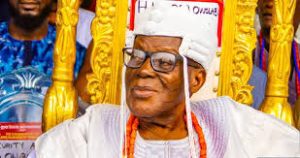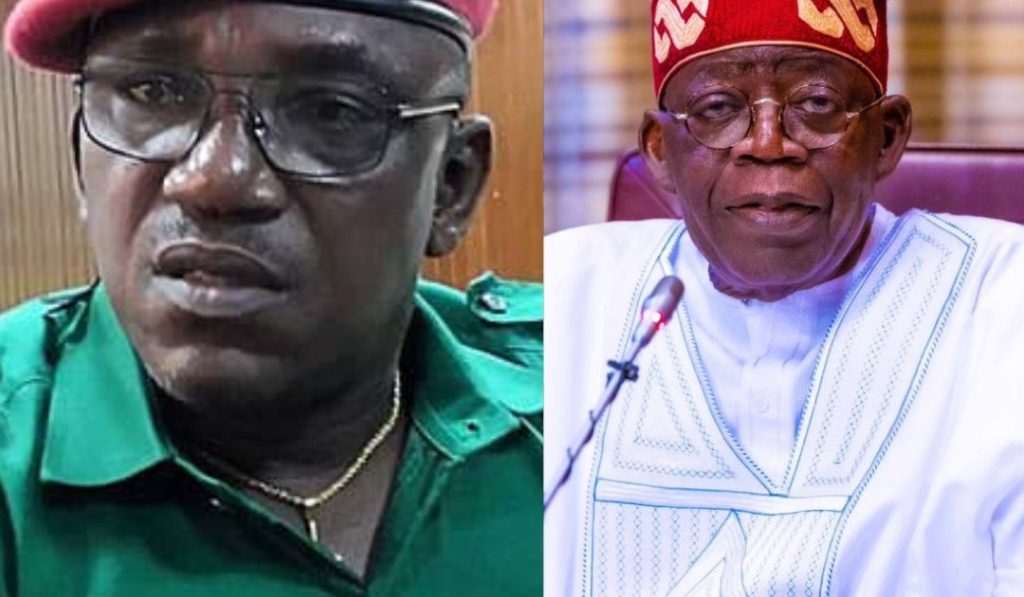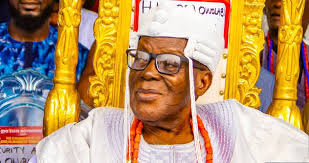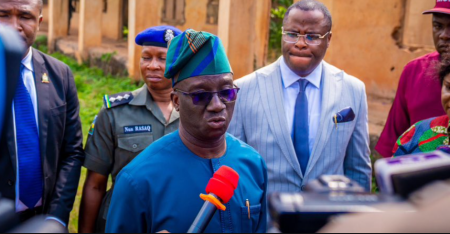Solomon Dalung, a former Minister of Youth and Sports Development under the previous administration, has issued a strong prediction regarding the political future of President Bola Tinubu and the ruling All Progressives Congress (APC). Dalung contends that regardless of any strategic political maneuvering, including appointments and party defections, the APC is destined for defeat in the 2027 general elections. He bases this assertion on the belief that the current administration has alienated the Nigerian populace through policies that have exacerbated hardship and fostered an environment of injustice. He argues that the will of the people, driven by their lived experiences, will ultimately override any political machinations employed by the ruling party.
Dalung’s conviction in the APC’s impending electoral defeat transcends mere political analysis; it borders on certainty. He uses hyperbolic examples to illustrate his point, suggesting that even if the president were to appoint his son as the chairman of the Independent National Electoral Commission (INEC) and his wife as the Chief Justice of Nigeria, and even if all 36 state governors were to defect to the APC, the outcome of the 2027 elections would remain unchanged. This extreme scenario serves to emphasize Dalung’s belief that the current administration’s actions have irrevocably damaged its standing with the electorate and that no amount of political maneuvering can salvage its prospects.
The crux of Dalung’s argument rests on his accusation that the Tinubu-led administration has, in essence, declared war on the Nigerian people. He points to the worsening economic conditions, characterized by escalating poverty and hunger, as evidence of this alleged war. He further contends that the government has not only failed to address these issues but has actively contributed to their perpetuation. Dalung also criticizes the administration for what he perceives as state-backed injustice and impunity, arguing that these factors have eroded public trust and fueled discontent among the citizenry.
Adding to his critique of the government’s economic and social policies, Dalung condemns what he describes as the “weaponization” of poverty, hunger, and hardship. This strong language suggests that he believes the government is deliberately using these societal ills as tools of control and manipulation. He further accuses the administration of promoting corruption and impunity, arguing that these practices have become normalized under Tinubu’s leadership. This, according to Dalung, has created a climate of disillusionment and resentment among Nigerians, who are increasingly feeling the negative impacts of these policies.
In light of his assessment of the current political landscape, Dalung calls for a united front against the ruling party. He urges Nigerians to actively participate in the emerging political coalition that aims to challenge the APC in the next election cycle. He frames this coalition as the only viable option for citizens to reclaim their agency and hold the government accountable. Dalung’s call to action is not merely a plea for political participation; it’s a rallying cry for Nigerians to take a stand against what he sees as an oppressive and detrimental regime.
Dalung’s pronouncements represent a significant challenge to the Tinubu administration. His accusations of economic mismanagement, injustice, and the “weaponization” of hardship paint a stark picture of the government’s alleged failings. His confident prediction of the APC’s defeat in 2027, coupled with his call for a united opposition, signals a growing discontent within the political sphere. Whether his predictions will come to fruition remains to be seen, but his outspoken critique undoubtedly adds to the pressure on the current administration and highlights the potential for significant political shifts in the coming years.














